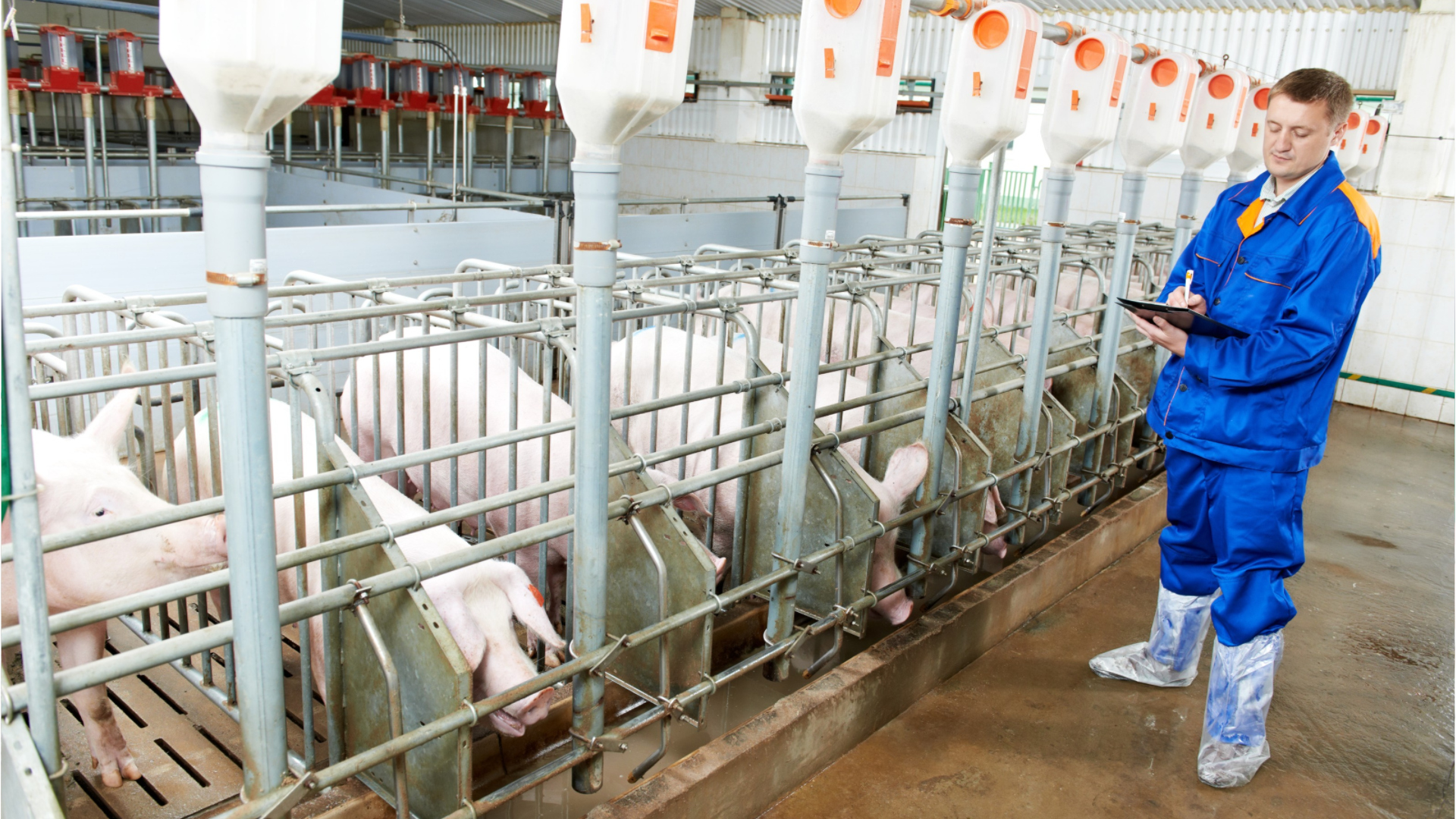Agricultural Inspectors
Brand Inspector, Consumer Safety Inspector (CSI), Grain Inspector, Inspector
 Select a military branch to see samples.
Select a military branch to see samples.
Pest Management; Pest Management Apprentice; Pest Management Craftsman; Pest Management Helper; Pest Management Journeyman
Animal Care Specialist; Field Veterinary Service; Food Safety Officer; Unit Supply Specialist; Veterinary Corps Officer; Veterinary Food Inspection Specialist; Veterinary Preventive Medicine
No similar titles were found.
No similar titles were found.
No similar titles were found.
No similar titles were found.
What they do:
Inspect agricultural commodities, processing equipment, and facilities, and fish and logging operations, to ensure compliance with regulations and laws governing health, quality, and safety.
On the job, you would:
- Inspect food products and processing procedures to determine whether products are safe to eat.
- Interpret and enforce government acts and regulations and explain required standards to agricultural workers.
- Inspect agricultural commodities or related operations, as well as fish or logging operations, for compliance with laws and regulations governing health, quality, and safety.
Knowledge
Business
- customer service
- management
Safety and Government
- law and government
- public safety and security
Math and Science
- arithmetic, algebra, geometry, calculus, or statistics
Arts and Humanities
- English language
Skills
Basic Skills
- keeping track of how well people and/or groups are doing in order to make improvements
- listening to others, not interrupting, and asking good questions
People and Technology Systems
- thinking about the pros and cons of different options and picking the best one
- figuring out how a system should work and how changes in the future will affect it
Problem Solving
- noticing a problem and figuring out the best way to solve it
Abilities
Verbal
- listen and understand what people say
- communicate by speaking
Ideas and Logic
- notice when problems happen
- make general rules or come up with answers from lots of detailed information
Visual Understanding
- see hidden patterns
- quickly compare groups of letters, numbers, pictures, or other things
Personality
People interested in this work like activities that include practical, hands-on problems and solutions.
They do well at jobs that need:
- Cautiousness
- Integrity
- Attention to Detail
- Dependability
- Self-Control
- Perseverance
Technology
You might use software like this on the job:
Spreadsheet software
- Microsoft Excel
Presentation software
- Microsoft PowerPoint
Electronic mail software
- Microsoft Outlook
Education
Education: (rated 2 of 5)
high school diploma/GED or
some college
usually needed
some college
usually needed
Job Outlook
Below Average
New job opportunities are less likely in the future.
Explore More
- Agricultural Technicians
- Aviation Inspectors
- Construction & Building Inspectors
- First-Line Supervisors of Farming, Fishing, & Forestry Workers
- Food Science Technicians
You might like a career in one of these industries:
See more details at O*NET OnLine about Agricultural Inspectors.






